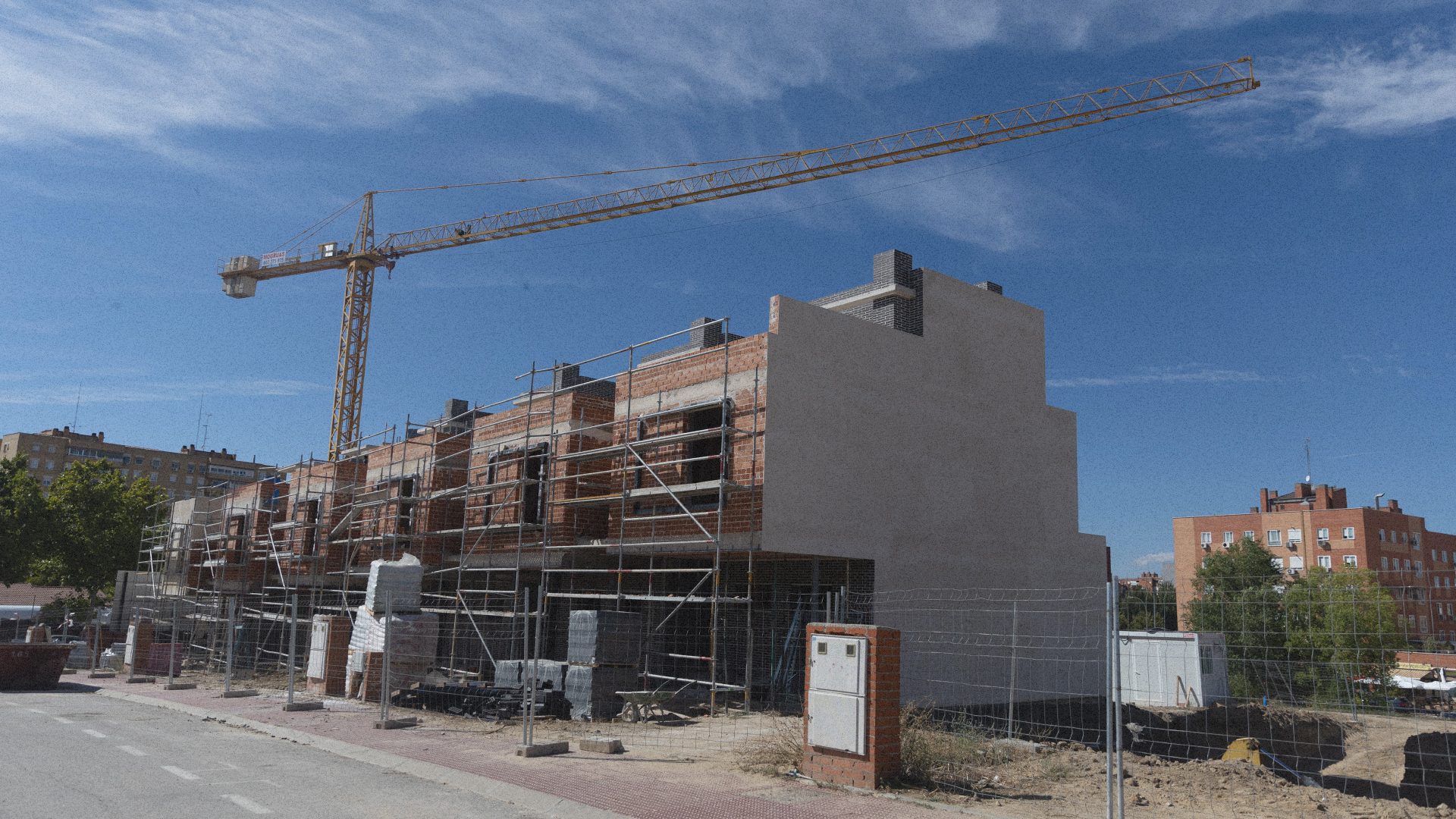Not so long ago I used to go for walks across a crusty bit of wasteland up a hill near where I live in Barcelona. It was home to lots of birds, stray cats and the occasional ladder snake.
The only humans were dog walkers, strollers like me and a runner or two.
It had a wonderful view down to the Mediterranean and up to the big city.
“Uh, oh,” I thought. “This place is doomed.”
But that piece of prime real estate did not, of course, get covered in affordable housing. Within a year or two, an international school erected a new campus on part of the land. In common with most international schools around the world, the main teaching language is English.
Which was apt, as very few local parents could afford the fees. I still went on walks and sometimes stopped for a chat and a grumble with a local, in my awful Spanish. I’d occasionally get gently castigated for not speaking Catalan. Language, in particular, is a very touchy subject to many Catalans; it’s the very cornerstone of their identity (lessons at local schools are in Catalan, not Spanish).
When the state-of-the-art educational structure opened, the Audis, BMWs and assorted SUVs began rolling into the neighbourhood each morning.
Signs were soon erected on another chunk of that now even more prime bit of real estate. A small plot of land could be yours for a third of a million euros. You would, of course, then have to erect a house on it.
Over the months, houses started emerging from the dust. They were the usual boring square boxes with their own gardens, some with pools.
Some of those houses are suspiciously shuttered and appear to be empty for large chunks of the year, especially during the winter. They are not, it seems, being used as anyone’s main family home.
This, to my mind, is precisely why the prime minister, Pedro Sánchez, feels he has no option but to crack down on people from outside the EU buying property in Spain.
“We are going to propose to ban non-EU foreigners from buying houses in our country, in cases where neither they nor their families reside here and they are just speculating with those homes,” he said.
This followed an earlier statement that the government plans a 100% tax on such property deals. Personally, I’m not sure this will work because some of the people bringing in this money from abroad can afford that tax. The whole point, it seems to me, is to squirrel away spare cash from their homeland.
As with all these things, the problem goes way deeper than a few thousand foreigners buying land. Chronic bureaucratic management and shortsighted greed, as well as Spanish wages not rising with inflation and house prices, are a much bigger issue.
There are other blocks of housing down the hill, for example, that should be within reach of local people, but even a two-bedroom apartment there goes for over €300,000. Few people who grew up in the area can afford those prices, so they tend to be bought by the moderately wealthy who have been priced out of areas of the city where they would normally live.
I am a Brit and I bought a place in Spain – but I think Sánchez is right. And the locals should be angry. Wouldn’t you be? And in case you’re wondering, my kids and their mamá are Spanish. This is my home, and I am made most welcome by the locals.
I occasionally wander around that bit of land – it really is a lovely spot. But it’s now like an ad for a Mercedes-Benz dealership and high-end garden furniture. There are a lot of wealthy Chinese, Middle Eastern folk, a Russian or two as well as a smattering of northern Europeans. I haven’t heard or seen any Brits around though; perhaps we’re also no longer in this wealth bracket.
But I miss the stray cats and ladder snakes.
Adrian Addison is a journalist living in Barcelona



